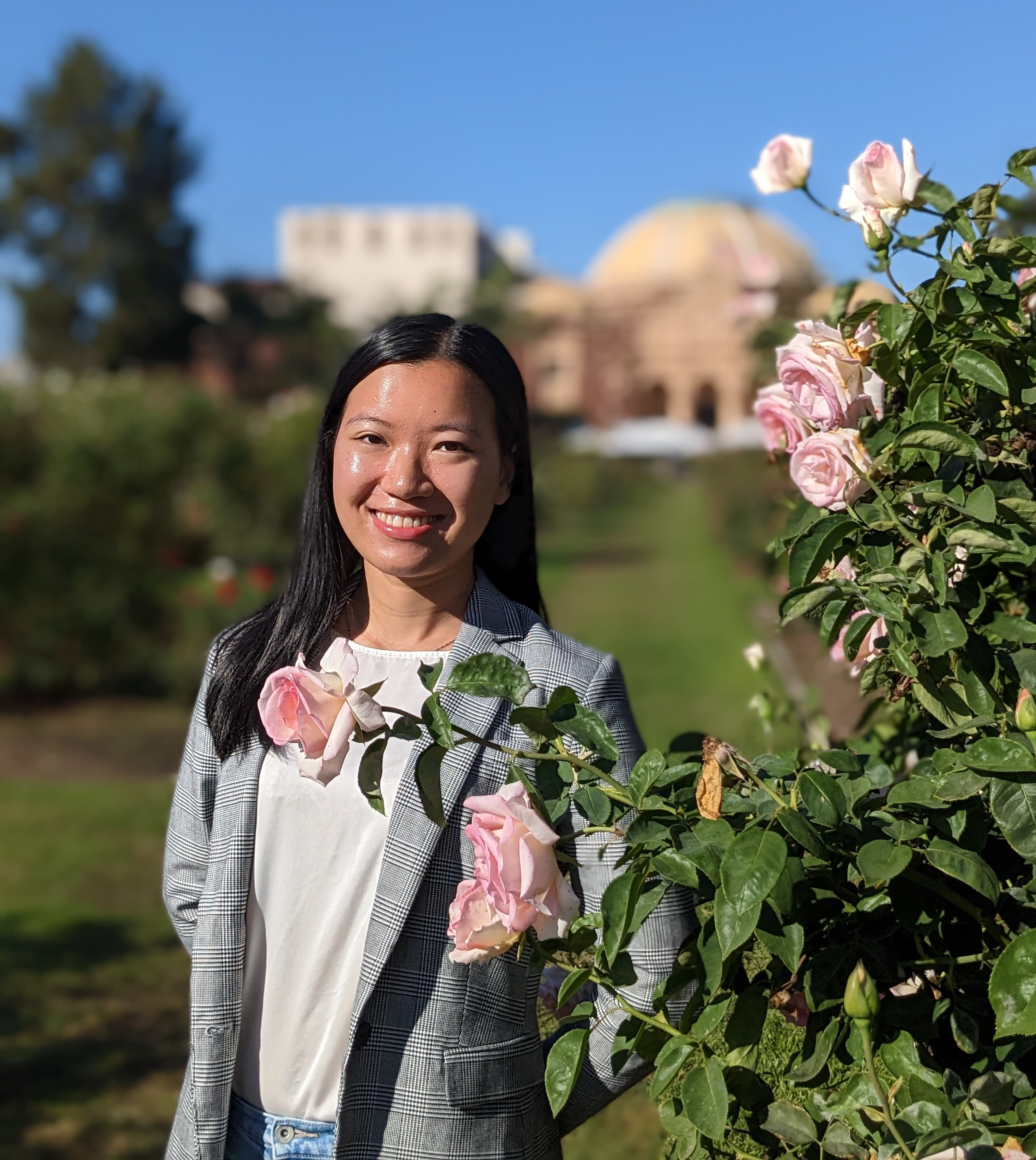Xinhui Li

My name is Xinhui Li (黎欣惠). I am a final-year Ph.D. candidate in Electrical and Computer Engineering at Georgia Institute of Technology and Center for Translational Research in Neuroimaging and Data Science (TReNDS), advised by Prof. Vince D. Calhoun and Dr. Rogers F. Silva. During my PhD, I interned at Amazon Science working on video understanding with vision-language models. Previously, I developed a software pipeline C-PAC for MRI preprocessing and investigated interpipeline agreement at Child Mind Institute.
I used to be an engineer dreaming of connecting the brain and the computer, and now I am growing as a scientist attempting to solve fundamental problems in neuroscience and computer science. My current research interests include representation learning, multimodal neuroimaging analysis, and AI for health and science. To gain a comprehensive understanding of the brain, I am developing a deep multidataset subspace analysis framework that includes linear and nonlinear latent variable models (ICA/IVA/ISA) to learn linked and identifiable representations from multimodal neuroimaging datasets. Lately, I have become interested in AI safety. I believe safe AI is a prerequisite of beneficial AI. More generally, I am fascinated by both biological and artificial intelligence. I think understanding the principles of neural computation will likely help us develop more flexible algorithms and build more energy-efficient machines. Please feel free to reach out if you want to discuss research questions or collaboration opportunities.
I love art in many forms. I often spend my free time at museums and theaters. I also collaborate with talented artists to create artwork related to my research, such as Butterfly Effect and Schizosymphony. I am happily married to Yannan Chen.
news
| Jan 2, 2026 | Our review paper, Artificial Intelligence for Schizophrenia: From Unimodal Prediction to Multimodal Characterization, is accepted for publication in Current Opinion in Psychiatry. |
|---|---|
| Dec 18, 2025 | I will join the 2026 Petit Scholar program as a mentor. My mentee and I will work together to optimize group principal component analysis for functional brain imaging. |
| Oct 28, 2025 | Our paper, AI Psychiatrist Assistant: An LLM-based Multi-Agent System for Depression Assessment from Clinical Interviews, is accepted at the Machine Learning for Health Symposium (ML4H) proceedings track. Super proud of our brilliant students! |
| Sep 11, 2025 | I am accepted to the Technical AI Safety Fellowship Program at Georgia Tech AI Safety Initiative (AISI). I look forward to learning and contributing to AI safety research. |
| Jun 26, 2025 | I give a talk on Deep Generative Modeling for Latent Source Separation and Psychosis Continuum Estimation from Neuroimaging Data at the OHBM Symposium Machine Learning for Brain Imaging: Predicting Traits, Disease Progression, and Treatment Response. |
| Dec 10, 2024 | We won the first place at the Mental Health X AI (MEXA) Hackathon! We proposed using large language models to assist with clinical interview transcript generation and analysis. |
| Nov 19, 2024 | Our paper, A Method for Multimodal IVA Fusion Within a MISA Unified Model Reveals Markers of Age, Sex, Cognition, and Schizophrenia in Large Neuroimaging Studies, is published in Human Brain Mapping! |
| Aug 5, 2024 | My first first-author journal paper, Moving beyond processing- and analysis-related variation in resting-state functional brain imaging, is published in Nature Human Behaviour! |
| May 13, 2024 | I am excited to start my first industrial internship as a data scientist at Amazon this summer! |
| Apr 29, 2024 | Our paper, Schizosymphony: From Schizophrenia Brainwaves To Narrative Soundscapes, is accepted as an oral presentation at ICAD 2024! This is my first time collaborating with a composer. We try to create an urban soundscape using fMRI data of a schizophrenia patient. |
| Apr 15, 2024 | Our paper, DeepSeg: A transfer-learning segmentation tool for limited sample training of nonhuman primate MRI, is accepted at EMBC 2024. |
| Apr 1, 2024 | Our paper, A Brainwide Risk Score for Psychiatric Disorder Evaluated in a Large Adolescent Population Reveals Increased Divergence Among Higher-Risk Groups Relative to Control Participants, is published in Biological Psychiatry! |
| Jan 19, 2024 |
At OHBM 2024, I will present:
|
| Dec 1, 2023 | I am honored to receive the Distinguished Scholar Award from the TReNDS Center and the D-MAP Center. I am grateful to my advisors and collaborators for their trust and support. |
| Oct 26, 2023 | I am selected to attend WE23. Thanks Georgia Tech ECE for travel support! |